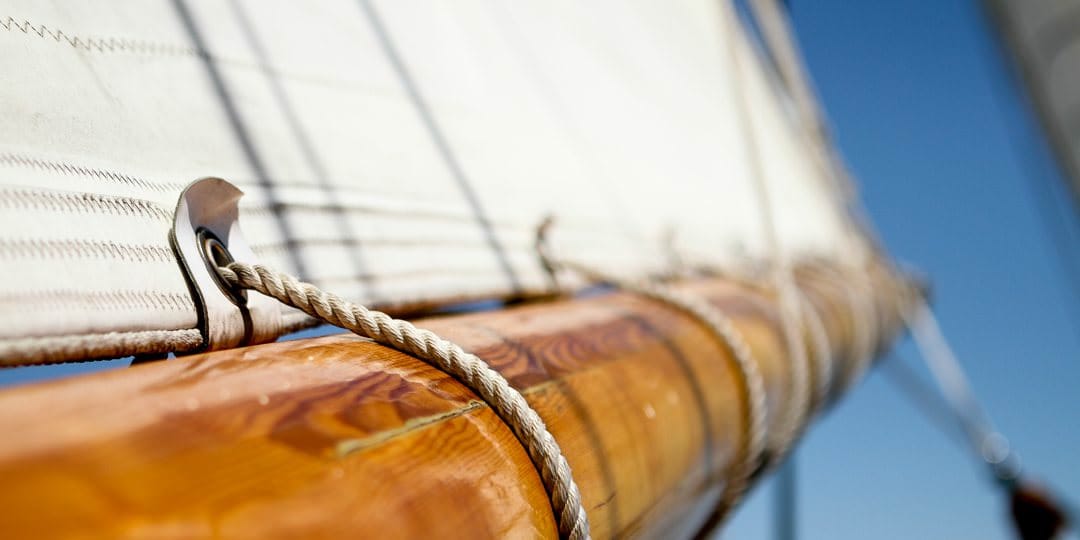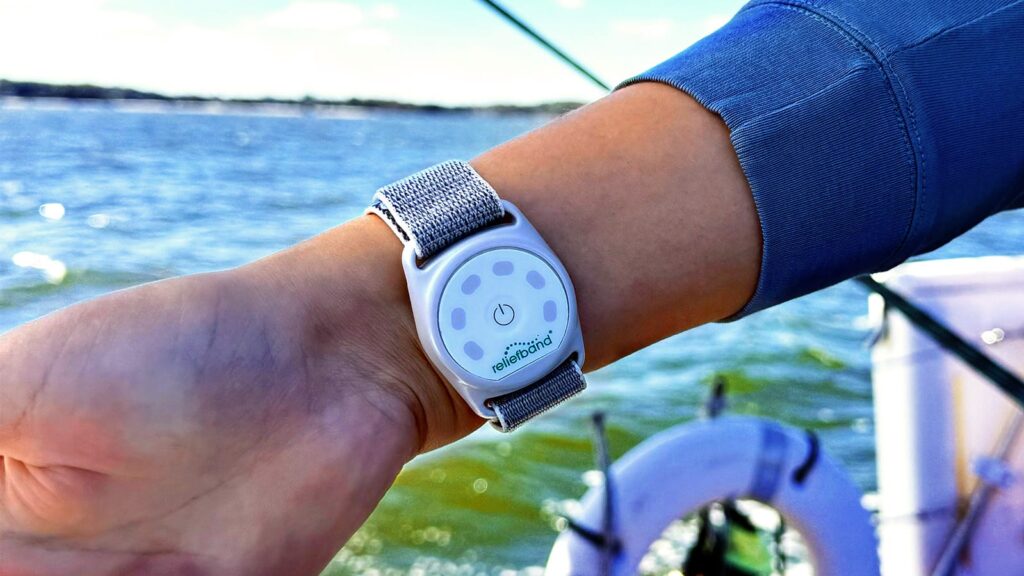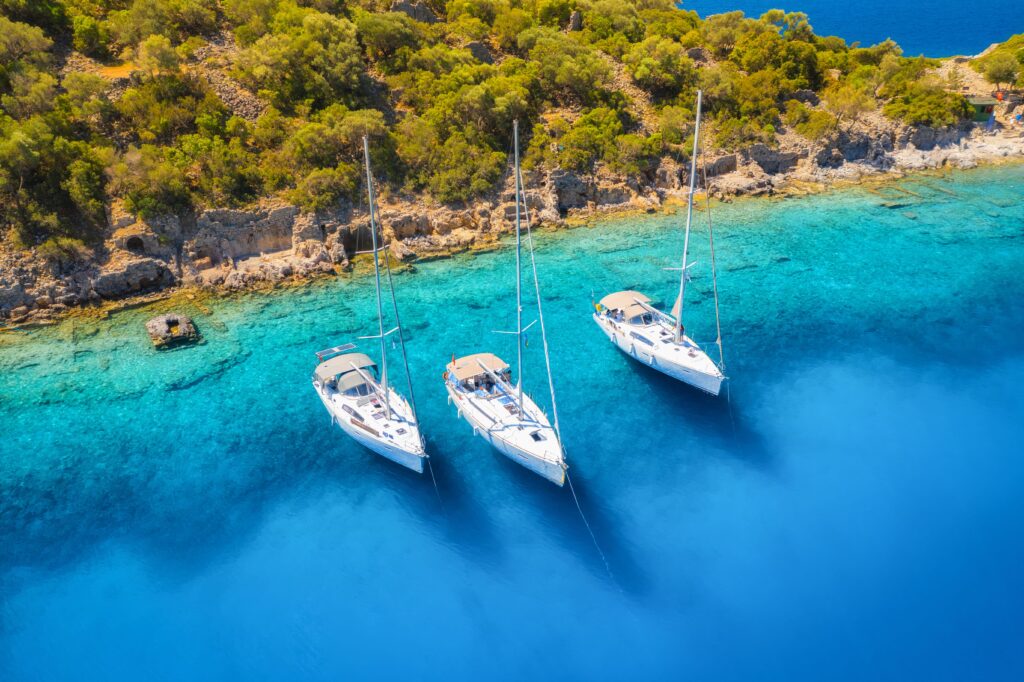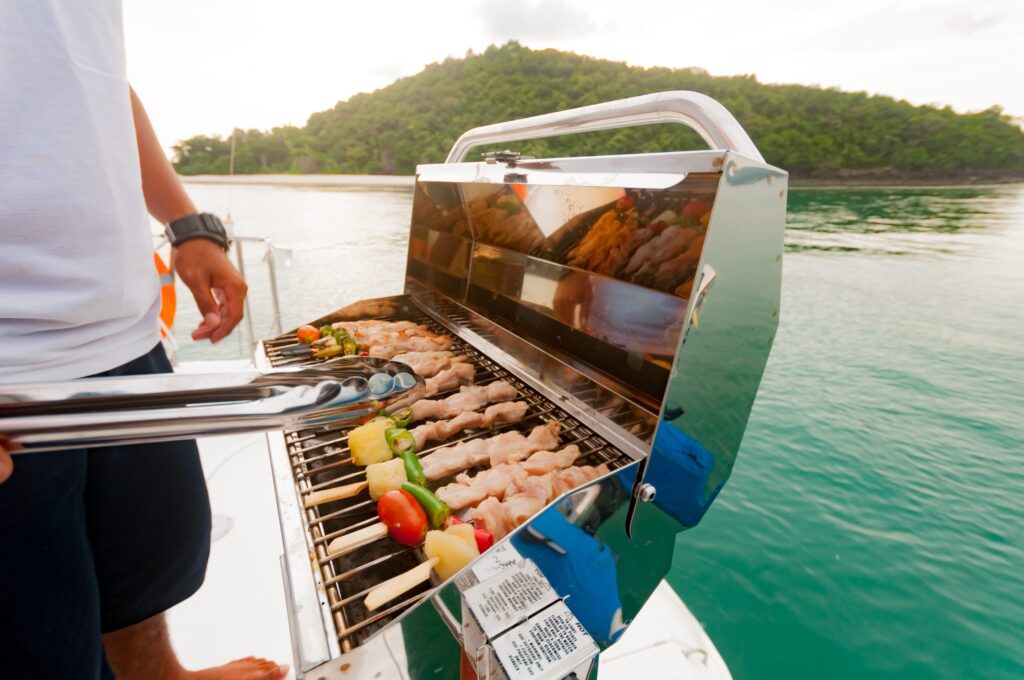When you stop to think about it… sailing is pretty amazing. From a historical perspective, through its role in travel, trade and war, it was the absolute hinge of western civilization for hundreds of years. Through that time, sailors’ slang and terminology became rooted in the English lexicon and still exists profoundly to this day.
Here’s a list of 10 everyday phrases that you may not have realized were born in the days when sailing made the world go round… wait… is that a nautical phrase?
- “A clean bill of health”
According to dictionary.com this phrase derives from the days when the crew of ocean going ships might be a little less than hygienic, so they needed to present a certificate, carried by a ship, attesting to the presence or absence of infectious diseases among the ship’s crew and at the port from which it has come.
- “Feeling Blue”
How often do you hear people talking about feeling blue or have the blues? An entire genre of music comes from this phrase. Who knew that came from the world of sailing? See-the-sea.org explains the popular phrase comes from a custom that was practiced when a ship lost its captain during a voyage. The ship would fly blue flags and have a blue band painted along her hull when she returned to port.
- “Pipe down”
Parents have been screaming “pipe down” to their kids forever, but where does that actually come from? Apparently, Pipe Down was the last signal from the Bosun’s pipe each day, which meant lights-out, quiet down, time to go to bed.
- “Over a barrel”
We all know when someone has you “over a barrel” things aren’t going well. This saying is used all the time these days to indicate being severely compromised, but it began in the most literal way. Sailor crew would sometimes be punished for their misgivings and that involved being tied over a cannon barrel and whipped. It’s no wonder that one stuck around. Yikes.
- “Toe the line”
Perhaps you’ve been at work and your boss has scowled at you and said, “toe the line, or you’re gone”. If this has happened to you, we are sorry, that sounds like a horrible work environment. But, if you were wondering about the origins of his demand, it’s an old naval expression that refers to a ship’s crew who would be called to gather and form a line with their toes all touching a given seam (or line) of the deck planking.
- “By and Large”
Folks say this one all the time to refer to the big picture. “By and large, ASA is the most awesome organization in existence”… something like that. This term got started on a sailboat with the word “by” meaning into the wind and “large” meaning off the wind. So sailors would say: “By and large this ship handles quite nicely.”
- “Loose cannon”
Everyone has known a few people who are loose cannons – unpredictable and dangerous on some level. Not surprisingly the term comes from when a ship’s cannon would come loose from it’s lashing. The big dangerous thing would be sliding all over the place making for some uncomfortable time on deck trying to get that bad boy back in its spot.
- “A square meal”
People often talk about getting three “square meals” a day…what the hell is a square meal? It’s actually quite simple – the wooden plates back in the days of tall ships were square.
- “Hand over fist”
These days this phrase usually refers to making a bunch of money, although it can refer to anything happening fast and in abundance. It comes from a more literal origin – sailors would be tugging at lines as fast as they could, hand over fist, to trim sheets and raise sails.
- “Son of a gun”
It’s amazing that this phrase has lasted so long. Back in the day, as you might imagine, sailors were often less than virtuous and every once in a while a “lady friend” of a crewman might give birth to a child on the ship. A good spot for this sort of thing was between the guns on the gun deck. Now let’s say this little rascal isn’t claimed by any of the aforementioned sleazy sailors, this little grommet would sometimes be called a “son of a gun”.








